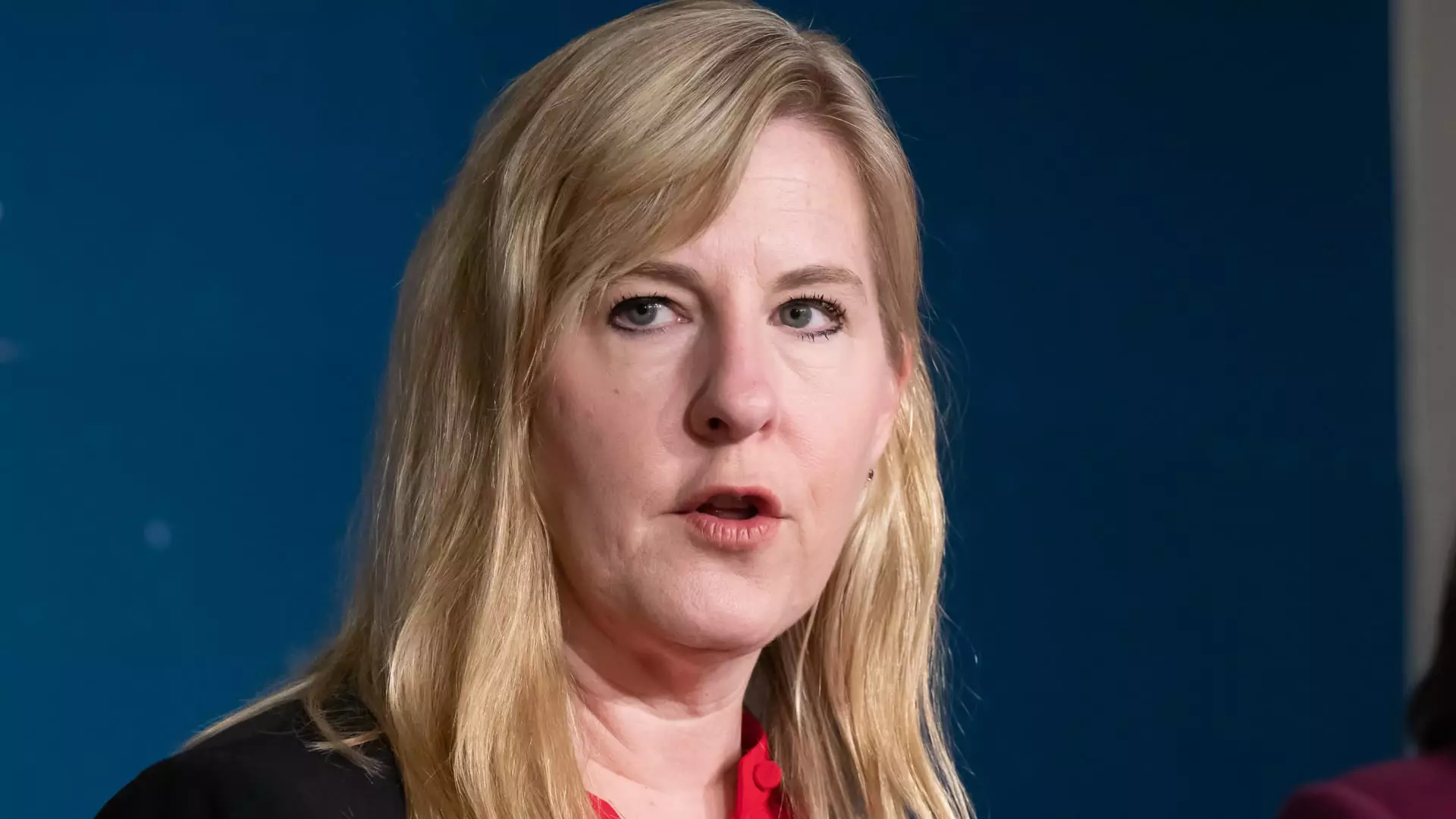The recent tragic events in Minnesota have sent shockwaves across the political landscape and left citizens grappling with fear and disbelief. Former Minnesota House Speaker Melissa Hortman, a revered leader within the Democratic Party, and her husband Mark were shot dead in an attack described by Governor Tim Walz as a “politically motivated assassination.” The horror intensified with the targeting of state senator John Hoffman and his wife, who survived the chilling assault but remain critically injured. As a nation, we must confront the unsettling reality of political violence that has crept perilously into the lives of our elected officials.
In an era where political discourse too often devolves into hostility, this incident serves as a grim reminder of the potential consequences when rhetoric crosses the line into actionable violence. Governor Walz passionately stated, “Our state lost a great leader and I lost the dearest of friends,” emphasizing the deep personal and societal implications of this heinous act. Such language is not just an expression of mourning; it encapsulates the collective grief and anger that arises when the sanctity of democracy is threatened.
Violence as a Tool of Oppression
The grave attack on Hortman and Hoffman is not merely an isolated incident but represents a broader, more alarming trend. When any political figure is targeted for their beliefs and actions, it silences a critical voice in our democratic dialogue. The politicization of violence undermines the very foundations upon which our nation was built — debate, engagement, and civil discourse. As expressed by Democratic National Committee chair Ken Martin, the “senseless murders” reflect the extremism and political violence proliferating in our society.
In this context, the involvement of a suspect impersonating a police officer not only speaks to the audacity of this attack but also to a chilling level of premeditation. The details emerge like a nightmare: a manhunt for an assailant who evaded law enforcement, leaving behind a car equipped to deceive. The discovery of a manifesto naming other lawmakers amplifies the terror, hinting at a conspiracy that seeks to destabilize our political institutions. This is not political dissent; it is an assault on democracy itself—a profound infringement on the right to lead and represent.
The Role of Political Climate
Though immediate responses from national figures, including President Trump and U.S. Attorney General Pam Bondi, have condemned the violence and assured a pursuit of justice, the deeper issue remains. The rhetoric employed by political leaders and media outlets can either fuel or temper the flames of division. The atmosphere of hostility nurtured over the years has likely contributed to this catastrophic incident, and we must introspectively question our role in fostering an environment where such actions are conceivable.
Critics often argue that inflammatory rhetoric has a real-world consequence, and they point to events like this as proof of a dangerous trajectory. Our political arena should be a crucible of ideas, yet, alarmingly, it has become a breeding ground for animosity. We should not forget that civil servants, regardless of political affiliation, have the right to exist without fear for their lives.
A Call for Unity and Reflection
It is essential for community members, political leaders, and citizens alike to unite against the normalization of such violence. The attacks on Hortman and Hoffman are tragedies that transcend partisan divides and evoke a universal call for vigilance and resolve. As we approach planned political demonstrations, it is vital we carry forth with courage and fortitude while remaining mindful of the potential repercussions of unchecked anger and fear.
This is a pivotal moment in which we can choose to rise above the discord and reclaim the dialogue that fosters peace and understanding. That responsibility lies with each of us; it is all too easy to become passive observers of violence. However, we must become active participants in a collective commitment toward restoring civility in public discourse and ensuring that such horrific events never become the norm. We can pave the way for a future that values life and democracy above all else, beginning with ourselves and extending to our leaders in both local and national contexts.


Leave a Reply